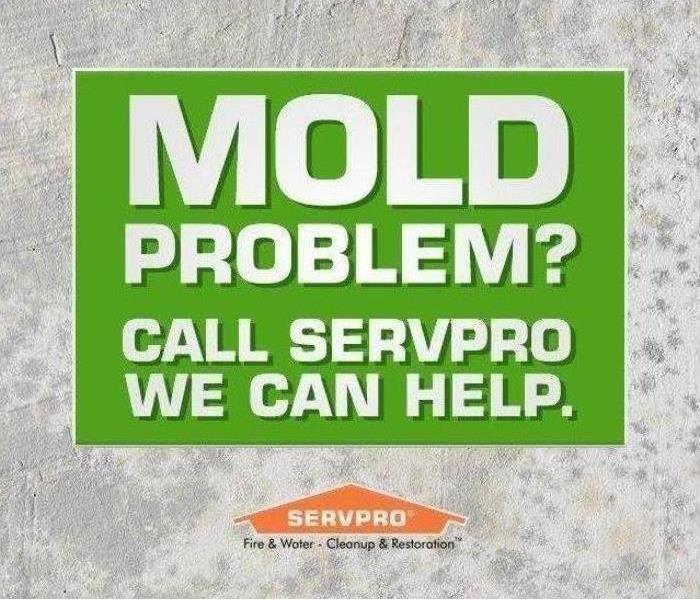How Mold Affects Building Quality and Health
10/11/2023 (Permalink)
Mold, a common yet often underestimated issue, can have a profound impact on both the quality of a building and the health of its occupants.
In this article, we'll delve into how mold affects the structural integrity of a building and the well-being of those who live or work within it.
1. Structural Damage:
- Mold thrives in damp environments and can colonize various surfaces, including wood, drywall, and insulation. Over time, it can compromise the structural integrity of a building. Mold weakens materials, causing them to deteriorate, rot, or become structurally unsound.
2. Compromised Indoor Air Quality:
- Mold spores are airborne and can easily circulate within a building. Inhalation of these spores can trigger allergies and respiratory problems. Prolonged exposure to mold can exacerbate existing conditions like asthma and allergies.
3. Health Issues:
- Mold produces mycotoxins, which are harmful substances that can have a range of health effects.
4. Allergies and Sensitivities:
- Some individuals are more sensitive to mold than others. People with allergies or compromised immune systems are at higher risk of experiencing severe health issues due to mold exposure.
5. Weakened Immune System:
- Prolonged exposure to mold can weaken the immune system, making individuals more susceptible to illnesses and infections.
6. Unpleasant Odors:
- Mold often produces a musty, unpleasant odor that can permeate a building. This odor is not only offensive but can also be challenging to eliminate.
7. Decreased Property Value:
- Mold issues can significantly reduce the resale value of a property. Potential buyers are often deterred by the presence of mold, as it raises concerns about the cost of remediation and the safety of the environment.
8. Ongoing Maintenance Costs:
- Continual mold issues can lead to high ongoing maintenance costs. Mold remediation is often an expensive and time-consuming process, which may become recurrent if the underlying moisture issue is not addressed.
9. Legal and Liability Concerns:
- In some cases, mold issues can lead to legal disputes. If residents or employees in a building experience health problems due to mold exposure, legal action may be taken against property owners or management.
10. Impact on Daily Life: - Living or working in a mold-infested building can negatively impact daily life. It can cause discomfort, stress, and a decreased quality of life for occupants.
In conclusion, mold is a significant concern that affects not only the quality and structural integrity of a building but also the health of those who inhabit it.
Addressing mold issues promptly is essential for the well-being of occupants and the longevity of the property. Regular inspections, maintenance, and quick remediation when needed are key to preventing mold-related problems.

 24/7 Emergency Service
24/7 Emergency Service
